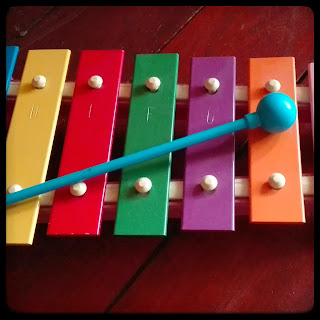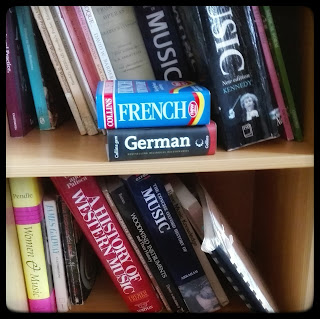What to do at the end of a lesson.
Make it obvious it’s the end of the lesson. Say something like: “Right, let’s do these
four bars one more time before we pack up.”
Start packing up 5 minutes before the end of the designated
lesson time (this only works if you’ve actually been keeping track of the
lesson time. If you’re relying on your
phone to tell the time, invest in a small travel clock you can place in your
line of vision). This means the class
will get away on time and the next class can start on time.
Set homework for the week.
Tell kids what you expect them to practice/be able to do during the
week. Make sure they write it down or
that their parents hear it.
As they pack up, make small talk: ask what they are doing in
the weekend/during the next week. Be
interested.
Say goodbye.



